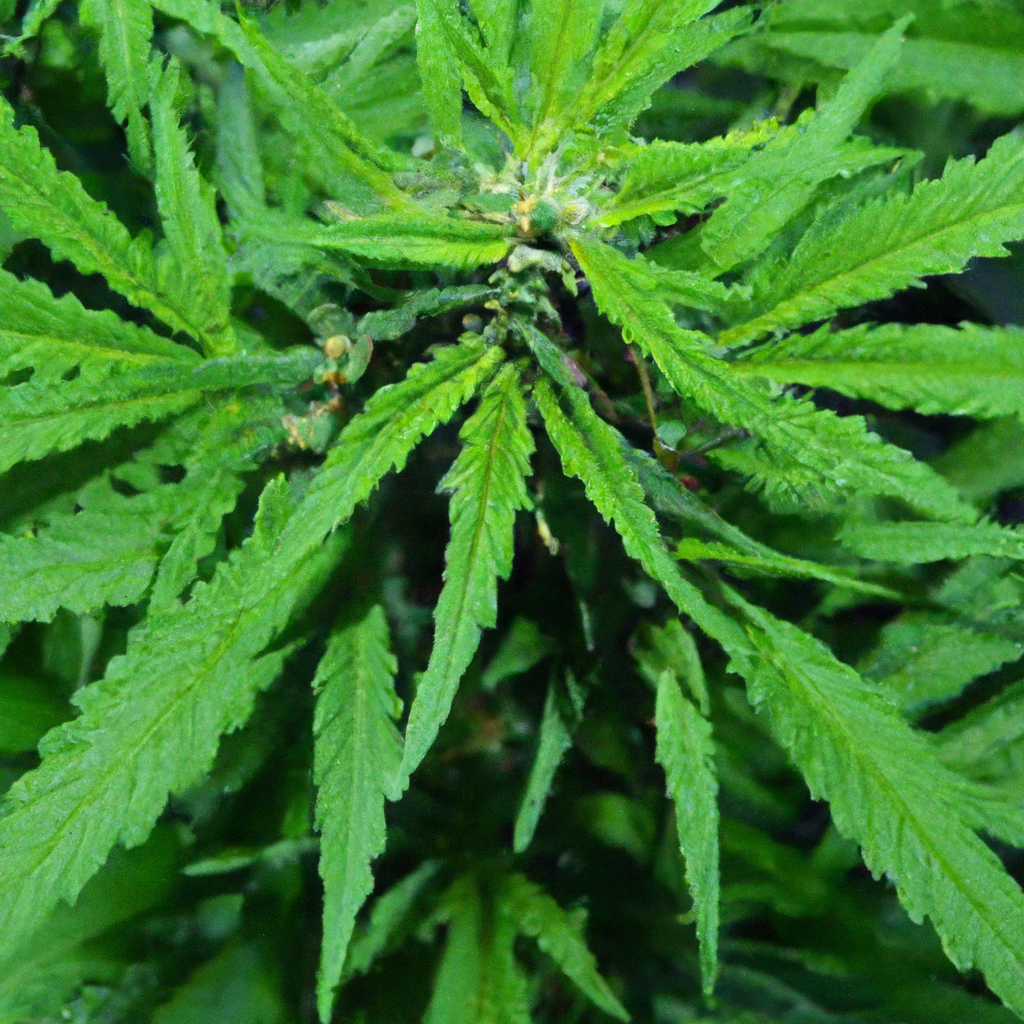Your cart is currently empty!
Welcome to a world of verdant possibilities where cannabis grows not just from soil, but from a philosophy of sustainability and health. This guide embodies best practices for organic cannabis cultivation, offering insights into building robust natural ecosystems, using eco-friendly fertilizers, and maintaining pest equilibrium without synthetic chemicals.
Creating Rich Soil Ecosystems
The foundation of any successful organic cannabis cultivation lies in the soil. Building a healthy soil ecosystem is not just about planting seeds, but about nurturing a microbe-rich environment.
- Compost Usage: Incorporate well-decomposed compost into your soil. It enriches the soil with essential nutrients and beneficial microbes.
- Soil Amendments: Add natural amendments like worm castings, bone meal, and rock phosphate to improve soil structure and nutrient content.
- Mulching: Use organic mulch to retain moisture, reduce weeds, and provide a habitat for beneficial organisms.
Natural Fertilizers for Boosted Growth
Avoid synthetic chemicals and instead, opt for natural fertilizers that feed both plants and soil organisms. Here are top choices for organic cannabis cultivation:
- Fish Emulsion: A high-nitrogen fertilizer great for supporting lush, vegetative growth.
- Kelp Meal: Rich in trace elements, it enhances root health and fosters plant resilience.
- Compost Tea: Brewed from compost, it acts as a natural tonic boosting microbial activity in the soil.
Embracing Natural Pest Control
Attaining a chemical-free growing operation requires eco-friendly pest control methods:
- Beneficial Insects: Introduce ladybugs, predatory mites, or spiders to naturally mitigate pest populations.
- Companion Planting: Grow plants like marigold or basil to naturally repel undesirable insects.
- Neem Oil: An organic pesticide that is effective against a wide range of pests and safe for beneficial insects.
The Benefits of Organic Cannabis
Organic cannabis cultivation not only serves the earth but also enriches the product. Here’s why it’s better for everyone:
- Environmental Impact: Reduces chemical runoff and supports biodiversity.
- Healthier Products: Free from synthetic additives, it offers cleaner consumption.
- Enhanced Flavors: Environments rich in natural terpenes and flavonoids boost taste and aroma profiles.
In embracing these organic practices, growers contribute to a thriving ecosystem, ensuring that cannabis cultivation is a partner to the environment rather than a threat.
Conclusion
Organic cannabis cultivation, anchored in sustainability, nurtures not just plants but the world around them. By using natural fertilizers, compost, and eco-friendly pest control, growers not only produce superior cannabis but also contribute to the health of our planet. It’s a testimony to how cultivating responsibly can yield more than just harvests—it can promise a greener tomorrow.
Tags: OrganicGrowing, NaturalFertilizers, Sustainability, Compost, PestControl
Discover more from Magic Clones
Subscribe to get the latest posts sent to your email.


Leave a Reply